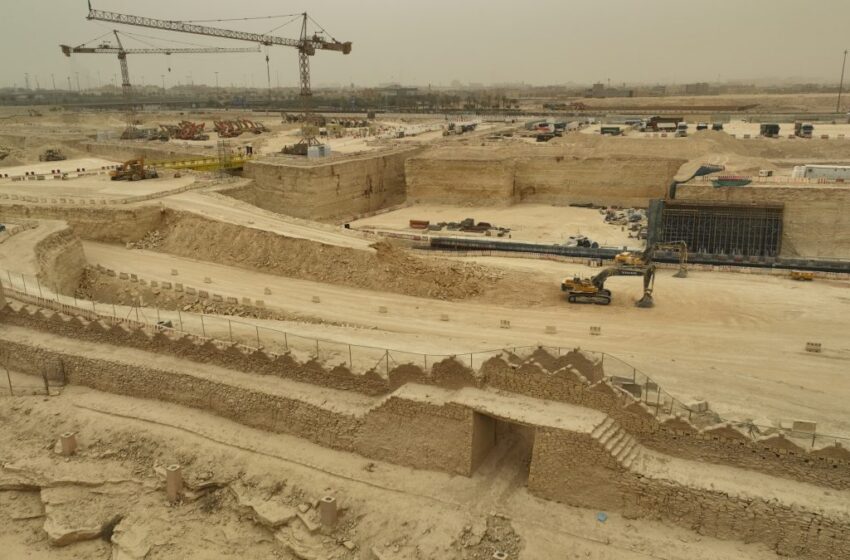
globalbizmag.com
Saudi Water Partnership Company Selects Developer for Rayis-Rabigh IWTP
Saudi Water Partnership Company (SWPC) said that a consortium of companies led by Alkhorayef Water and Power Technologies has been selected as the Preferred Bidder for development of the $250 million Rayis–Rabigh Independent Water Transmission Pipeline Project (IWTP).
SWPC disclosed this in a filing with Saudi Arabia’s stock exchange Tadawul on Tuesday.
Rayis–Rabigh IWTP is the first of its kind that will be developed on a Build-Operate-Transfer (BOT) Model in Saudi Arabia. The project will be developed with a transmission capacity of 500,000 cu m per day and a length of 150 km to provide Makkah and Madinah regions with drinking water by Q1 2026 for 35 years. Alkhorayef Water and Power Technologies owns 50% of the consortium.
Alkhorayef Water and Power Technologies will now work with the relevant stakeholders to take this project towards financial closing, and any developments in this regard will be announced in due course. Financial impact of this development will be disclosed upon signing to the agreement.
SWPC said that it has received bids from three consortiums – Nesma Company, Ajlan & Bros, Mutlaq Al-Ghowairi Company (MGC), and Buhur for Investment Company, Cobra Instalaciones y Servicios; Alkhorayef Water & Power Technologies and Orascom Construction and Vision International Investment Company, Abu Dhabi National Energy Company (TAQA) and Gulf Investment Corporation – for the project in March this year.
At present, there are 14 desalination plants in Saudi Arabia which are operation, under construction and in tendering stage. The SWPC desalination plant portfolio will witness a growth of 3.14 million cu m per day in 2022 to 9.6 million cu m per day in 2030.
High Per Capita Demand
The Kingdom’s urban water context is characterised by a high per capita water requirement and high reliance on non-renewable ground water. The high-water requirement is mainly driven by high network losses, losses within housing units, as well as a high per capita consumption due to limited price signalling and limited awareness on water use efficiency.
On the supply side, around 15% of water need is met via ground water and surface water sources, a fact that leads the Kingdom to having one of the highest “water stress” levels globally and added challenges on the Kingdom’s sustainability of water use.
The Ministry of Environment, Water, and Agriculture (MEWA) adopted several policies and plans with the objective of curbing the national urban water per capita requirement. These include reducing water network losses and engaging in demand-side management efforts such as promoting the use of water-efficient appliances and introducing tariff reforms.
As a result, total urban demand is expected to increase from about 14.5 million cu m per day in 2022 to about 17 million cu m per day in 2028 and to about 18 million cu m per day in 2030.
Given MEWA’s supply/ demand policies, a gap of 1.85 million cu m per day is estimated in 2024 at the national level however there would be a surplus capacity of about 500,000 million cu m per day by 2026 and about 700,000 million cu m per day by 2028. This is expected to reach about 900,000 million cu m per day by 2030.















